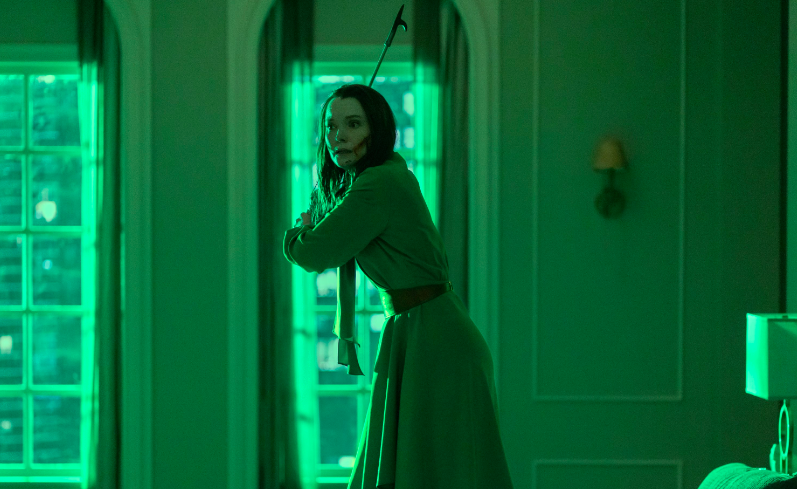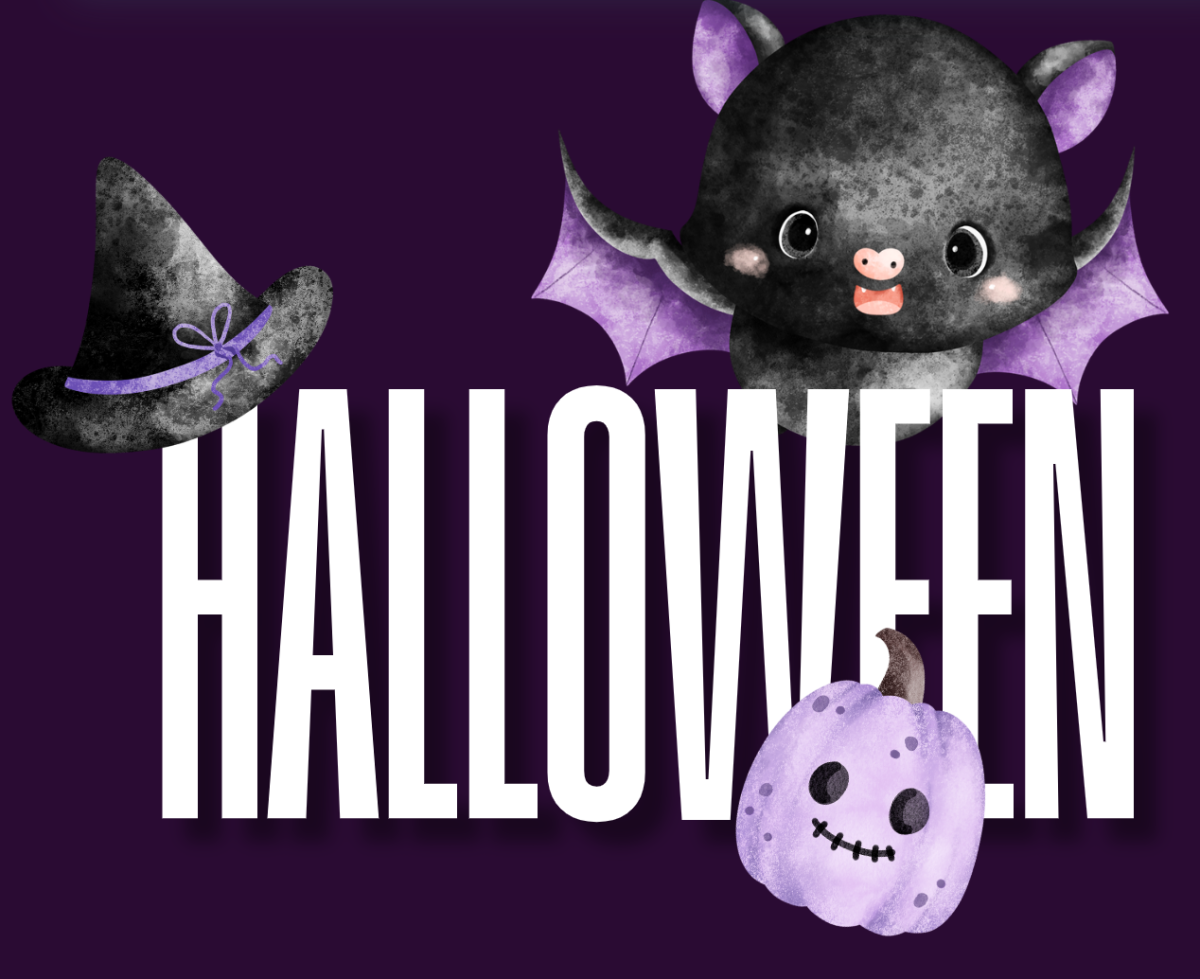As October winds to a close and the season of scary movies ends, you might find yourself still craving some more stories that make you jump at things that go bump in the night. If you’re suffering from a horror shortage, look no further than the recent Netflix show “The Fall of the House of Usher.”
Loosely based on the Edgar Allan Poe short story of the same name, “The Fall of the House of Usher” is an eight-episode series chronicling the collapse of the Usher clan, an uber-wealthy family whose billions stem from their sale of opioids. Following the deaths of all of his children, patriarch Rodrick Usher (Bruce Greenwood) recounts both his life story and the events that led to his family’s downfall to Auguste Dupin (Carl Lumbly), the prosecutor trying to hold his family accountable for their numerous crimes.
The show is a thrilling escape, combining the elements of horror and mystery that made Poe famous. There are several deeply disturbing scenes, and not a few jump scares, as Rodrick is brought face to face with grotesque visions of the people around him who have died. The show has several mysteries, as Rodrick hints at dark deeds and sinister plots without going into more detail, and the curiosity these mysteries provoke makes it difficult to avoid clicking the “Watch Next” button at the end of each episode. Is Rodrick making things up as he recounts these stories? Is there a supernatural element to this show, or can everything be explained by natural events? Are the visions that keep haunting Rodrick just visions, or something more?
While anyone can enjoy the show, the series holds particular entertainment for fans of Edgar Allan Poe. Each episode is named after one of Poe’s short stories and bears some resemblance to the plot of the tale on which it is based. All the characters are named after people from Poe’s stories, and there are references to the author’s poetry throughout. While you don’t need to understand all the references to enjoy the show, it’s an added bonus for sharp-eyed fans.
Any show with a mystery at its core is only as good as its end, and without getting into any spoilers, “The Fall of the House of Usher” does not disappoint. The final episode is the best of the entire series, with a satisfying conclusion to the show and answers to the many questions raised throughout the other episodes. In past reviews of television shows, I have been extremely critical of television shows for their length, feeling that they too often try to stretch out a story to squeeze more episodes in. “House of Usher,” however, feels like it’s exactly the right length to tell the story it’s trying to tell.
I feel compelled to mention the show is a deeply disturbing story that touches on themes that might be triggering for viewers, including domestic abuse, suicide and addiction (if that’s not your cup of tea, may I recommend that you go read my review of “The Wonderful Story of Henry Sugar,” a much more quaint form of autumn entertainment). At points, the violence and sexual content seem a tad gratuitous, as if the show is trying to prove exactly how grown-up it is.
If you haven’t gotten your fill of scary stories over the course of October, then “The Fall of the House of Usher” is a great watch. The show combines elements of horror, mystery and drama to great effect, producing an entertaining watch that leaves the viewer dying to know how it ends.











































































































































































































